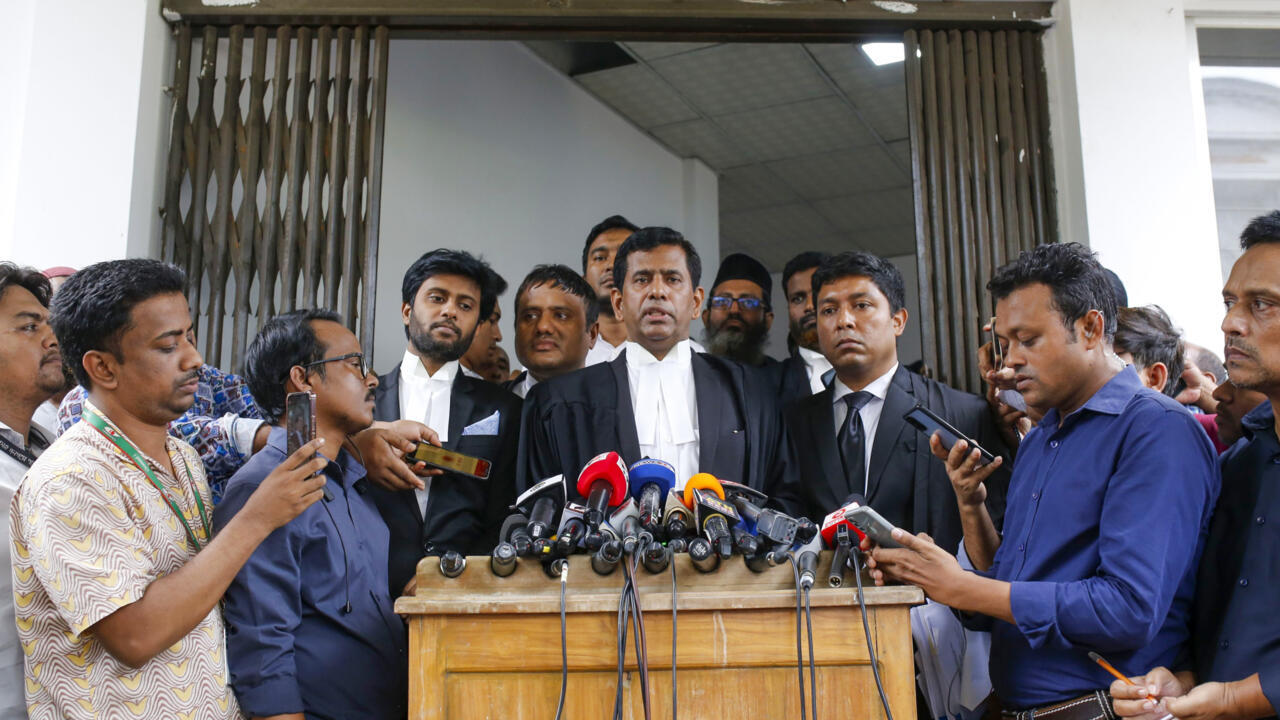Prosecutor Mohammad Tajul Islam called it a “remarkable day”, while a relative of one of the hundreds who died in the uprising against her autocratic rule said they were “looking forward” to the trial.
Hasina’s 15-year tenure saw widespread human rights abuses, including the mass detention and extrajudicial killings of her political opponents.
“The court has… ordered the arrest of former prime minister Sheikh Hasina, and to produce her in court on November 18,” Islam, chief prosecutor of Bangladesh’s International Crimes Tribunal (ICT), told reporters. “Sheikh Hasina was at the helm of those who committed massacres, killings and crimes against humanity in July to August,” Islam said.
The court also issued an arrest warrant for Obaidul Quader, the fugitive former general secretary of Hasina’s Awami League party, as well as 44 others, who were not named. Dozens of Hasina’s allies were taken into custody after her regime collapsed, accused of culpability in a police crackdown that killed more than 700 people during the unrest that deposed her.
Her presence in India – her government’s biggest benefactor – has infuriated the interim administration in Bangladesh that replaced her. Dhaka has revoked her diplomatic passport, and the countries have a bilateral extradition treaty which would facilitate her return to face criminal trial.
Hasina was replaced by Nobel Peace Prize winner Muhammad Yunus. The 84-year-old microfinance pioneer is leading a temporary administration, to tackle what he has called the “extremely tough” challenge of restoring democratic institutions. Yunus said he had inherited a “completely broken down” system of public administration and justice that needs a comprehensive overhaul to prevent a future return to autocracy.


